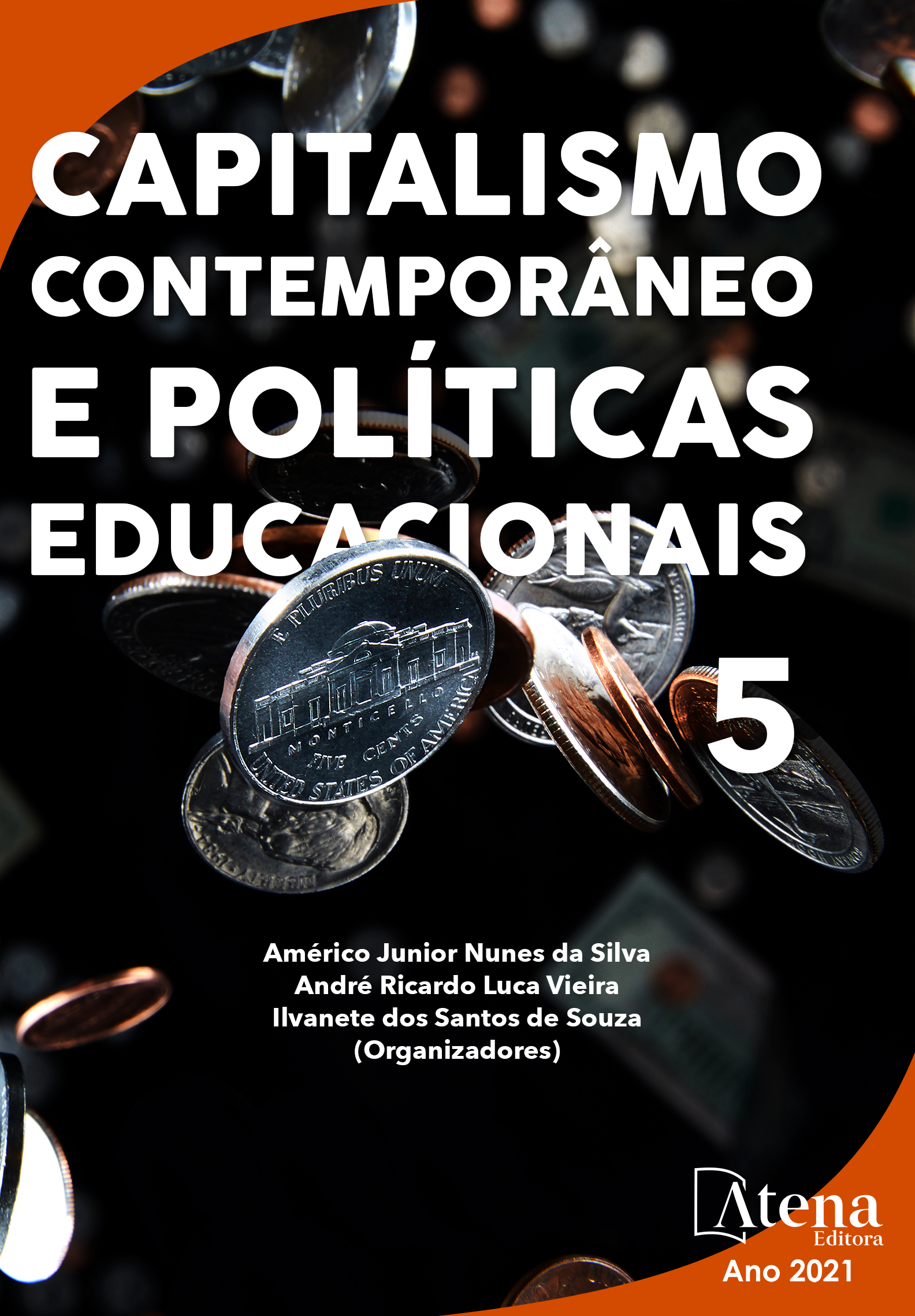
A FORMAÇÃO DE CONCEITOS CIENTÍFICOS MATEMÁTICOS NA EDUCAÇÃO BÁSICA
Situações que envolvem conceitos científicos possuem um grande potencial nos processos de ensinar e aprender matemática, porém, não são tão utilizadas nas aulas como seria desejável. Então, como professor cabe-nos o papel de mudar esta prática, preparar situações que envolvam tais conceitos e evidenciar que o aprendizado científico possui uma simbiose natural com os problemas do cotidiano. Assim, neste artigo, apresento uma análise reflexiva sobre fundamentos epistemológicos da formação de conceitos científicos, na perspectiva de teorias cognitivas, ancorada em uma investigação bibliográfica qualitativa, com o objetivo de compreender como o estudante da educação básica elabora suas aprendizagens matemáticas a partir da apropriação desses conceitos. Para essa análise foi necessário fazer um recorte na literatura e o embasamento teórico está respaldado nos escritos de Piaget (2003), Borges (1984), Vygotsky (1998a, 1998b), Luria (1987), Maturana e Varela (2001), entre outros. Dessa investigação destacamos aproximações, singularidades, complementos e demarcação de diferenças com potencial para possibilitar ao estudante avançar em seu aprendizado, além de evidenciar que o conhecimento de diferentes possibilidades de aprendizagens converge para uma apreensão mais sistematizada, a partir da formação de conceitos básicos como: contagem, conservação, comparação, semelhança, congruência, área e volume, por contribuir na formulação de ideias mais elaboradas, complexas. Além disso, ainda que restrita a um arcabouço teórico, mas difundido nos cursos de formação de professores de matemática e pedagogia, essa investigação nos encaminha à percepção de que a complexidade e a provisoriedade do pensar e do conhecer se expressam nas diversas respostas e estratégias presentes nas atividades dos estudantes quando são corrigidas e ou socializadas em sala. E, nesse processo de socialização fica bem evidente a necessidade de cooperação na estruturação dos conceitos científicos para que os mesmos possam ser ampliados.
A FORMAÇÃO DE CONCEITOS CIENTÍFICOS MATEMÁTICOS NA EDUCAÇÃO BÁSICA
-
DOI: 10.22533/at.ed.63021110611
-
Palavras-chave: Conceitos Científicos. Articulação de conceitos. Aprendizagem Matemática.
-
Keywords: Scientific Concepts. Articulation of concepts. Mathematical Learning.
-
Abstract:
Situations involving scientific concepts have great potential in the processes of using and learning mathematics, however, they are not used as much in classes as would be desirable. So, as a teacher, we have the role of changing this practice, preparing situations that involve such concepts and showing that scientific learning has a natural symbiosis with everyday problems. Thus, in this article, I present a reflexive analysis on the epistemological foundations of the formation of scientific concepts, from the perspective of cognitive theories, anchored in a qualitative bibliographic investigation, with the objective of understanding how the student of basic education elaborates his mathematical learning from the appropriation concepts. For this analysis it was necessary to make a cut in the literature and the theoretical basis is supported by the writings of Piaget (2003), Borges (1984), Vygotsky (1998a, 1998b), Luria (1987), Maturana and Varela (2001), among others. From this investigation we highlight approximations, singularities, complements and demarcation of differences with the potential to enable the student to advance in his / her, in addition to evidencing that the knowledge of different learning possibilities converge to a more systematic apprehension, from the formation of basic concepts such as: counting, conservation, comparison, similarity, congruence, area and volume, for contributing to the gathering of more elaborate, complex ideas. In addition, although restricted to a theoretical framework, but disseminated in training courses for teachers of mathematics and pedagogy, this investigation leads us to the perception that the complexity and provisionality of thinking and knowing are expressed in the various responses and objectives present in the student activities when they are corrected and or socialized in the classroom. And, in this socialization process, the need to prepare for structuring scientific concepts is very evident so that they can be expanded.
-
Número de páginas: 14
- CLAUDENE FERREIRA MENDES RIOS


